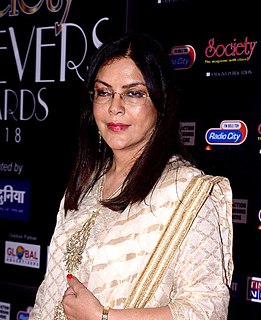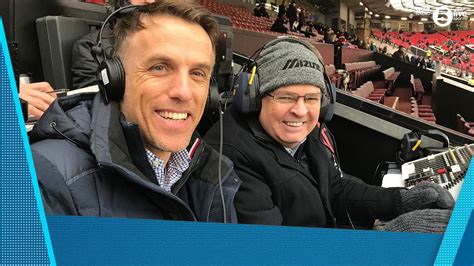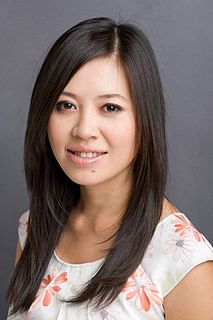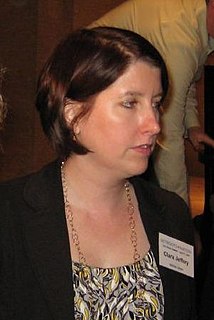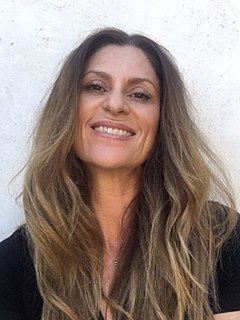A Quote by Angus Deaton
My work shows how important it is that independent researchers should have access to data so that government statistics can be checked and so that the democratic debate within India can be informed by the different interpretations of different scholars.
Related Quotes
My book, Oral History: Understanding Qualitative Research is about how researchers use this method and how to write up their oral history projects so that audiences can read them. It's important that researchers have many different tools available to study people's lives and the cultures we live in. I think oral history is a most needed and uniquely important strategy.
We will continue to work with agencies across the government to unleash the power of open data and to make government data more accessible and usable for entrepreneurs, companies, researchers, and citizens everywhere - innovators who can leverage these resources to benefit Americans in a rapidly growing array of exciting and powerful ways.
There are fields of scientific work...which have been explored from the different sides of pure mathematics, statistics, electrical engineering, and neurophysiology...in which every single notion receives a separate and different name from each group, and in which important work has been triplicated or quadruplicated, while still other important work is delayed by the unavailability in one field of results that may have already become classical in the next field.
Being a Christian does not mean that there is one way of living a Christian life, people do it differently in different cultures because they have different interpretations, that's how it should be. The disciples had arguments with Jesus! It is about listening to one another, and respecting one another with those differences.
We do a lot of "capital I" important stories, but one I'd highlight is the work we've done on guns, not only for the acclaim it's gotten but also because it showcases all the different kinds formats we use. So we compiled a database of all the variables of all the mass shootings in America - work the government doesn't do, thanks to the NRA - which allowed us to surface patterns and make data visualizations of it.
...there is simply nothing so important to a people and its government as how many of them there are, whether their number is growing or declining, how they are distributed as between different ages, sexes, and different social classes and racial and ethnic groups, and again, which way these numbers are moving.
I think jazz is a beautiful, democratic music. It encourages musicians with very strong, and many times, very different points of view to work together as a team while, at the same time, giving them the space to express their individuality. It's a very important art form and can be used as a model for different cultures to work together.
I feel a disparity between my life in India within the home and my life outside the home - my life within public and private space. In terms of here and there, there were some differences, but New York and India were very different when I was growing up in the '80s. Definitely in terms of the visual and popular culture I encountered within my home - that was very different from the complete lack of representation I saw of South Asian culture outside of that space.



